Boris Johnson’s government presided over a “toxic and chaotic” response to Covid that contributed to around 23,000 avoidable deaths in England during the first wave of the pandemic, the UK Covid‑19 Inquiry has found in a damning report.
The inquiry’s second major report, published on Thursday, concludes that the response of all four UK governments was repeatedly “too little, too late”, but it singles out the culture and decision‑making at the heart of Downing Street under Mr Johnson and his then chief adviser, Dominic Cummings, as having seriously undermined the handling of the crisis.
Modelling cited by the inquiry suggests that imposing the first national lockdown in England one week earlier – on 16 March 2020 rather than 23 March – could have cut deaths in the first wave by almost half, preventing about 23,000 deaths by 1 July 2020. The report stresses that ministers had compelling scientific advice to lock down on 23 March and rejects arguments that the lockdown itself was unnecessary, but concludes that earlier, firmer action would have avoided the need for such a stringent and prolonged shutdown.
Baroness Heather Hallett, the retired judge chairing the inquiry, said the governments of the UK, Scotland, Wales and Northern Ireland failed to act with sufficient speed or clarity as the virus spread. The picture that emerges, she said, is of a state that entered the pandemic badly prepared and then made a series of critical misjudgements that cost lives, deepened inequalities and damaged public trust.
The report covers “core decision‑making and political governance” during the pandemic and runs to hundreds of pages. It draws on evidence from more than 160 witnesses, including Mr Johnson, Mr Cummings, former health secretary Matt Hancock, England’s chief medical officer Professor Chris Whitty, and senior figures from the devolved administrations. It is the second substantial publication from the inquiry, following an earlier report on pre‑pandemic preparedness.
On the central question of timing, the inquiry concludes that February 2020 was effectively a “lost month” for the UK. By then, the virus was spreading rapidly around the world, yet the report finds that the Johnson government did not treat it with the urgency required. The then prime minister did not chair early emergency COBRA meetings on Covid, testing and surveillance capacity were not rapidly scaled up, and there was little visible effort to prepare the public for the possibility of drastic measures.
Advisory social‑distancing measures – such as asking people to avoid non‑essential contact, self‑isolate if symptomatic and quarantine households – were only introduced on 16 March 2020. By that point, the inquiry says, community transmission was already widespread and hospitalisations were rising sharply. Because action had been delayed, the report concludes, a full stay‑at‑home lockdown became “inevitable”, and should have been imposed a week earlier than it was.
According to the modelling cited by the inquiry, bringing the first English lockdown forward by seven days would have reduced deaths in the first wave by around 48 per cent. With about 48,000 deaths recorded in England in that phase, that equates to roughly 23,000 lives that might otherwise have been saved. Across the UK, more than 227,000 people had Covid listed as a cause of death between March 2020 and May 2023, and coverage of the report notes that around 240,000 virus‑related deaths have occurred overall.
The inquiry is clear that decision‑makers in March 2020 were dealing with a fast‑moving, uncertain threat. However, it finds that the UK’s leaders were overly influenced by unproven notions such as “behavioural fatigue” – the idea that the public would not tolerate tough restrictions for long – and that this helped to justify a damaging delay in acting. The report says there is little robust evidence that such fatigue should have been a decisive concern at that early stage.
At the centre of its political criticism is a stark portrayal of life inside No 10 Downing Street. The report describes a “toxic and chaotic culture” in which the loudest voices prevailed, women’s views were often sidelined and formal structures were frequently bypassed in favour of informal, ad‑hoc gatherings of advisers. This environment, it says, contributed directly to inconsistent and sometimes irrational policy‑making.
Mr Cummings, Mr Johnson’s chief adviser for much of 2020, is described as a “destabilising influence” who blurred the lines between elected and unelected power. The inquiry finds that his behaviour fostered fear, mutual distrust and suspicion among senior staff, “poisoning” the working atmosphere and undermining the authority of the prime minister himself. Rather than curbing this conduct, the report says, Mr Johnson appeared to encourage or tolerate it, to the detriment of orderly government.
The then prime minister is also heavily criticised for his own approach to decision‑making. Evidence from officials and ministers describes a leader who frequently changed his mind, especially over the scale and timing of restrictions. This “oscillation”, as witnesses put it, was particularly evident in the autumn of 2020, when scientific advisers were urging a short, sharp “circuit‑breaker” to head off a growing second wave.
In late September that year, the government’s Scientific Advisory Group for Emergencies (SAGE) recommended a brief national shutdown combined with stricter measures on indoor mixing. Mr Johnson resisted, opting instead for a system of regional tiers that imposed varying levels of restrictions. The inquiry concludes that this failure to act decisively in September and early October allowed infections to keep rising, ultimately necessitating a longer and more economically damaging national lockdown in England from 5 November. A timely circuit‑breaker, it finds, could have shortened or possibly avoided that second lockdown.
Economic policies are also brought under sharp scrutiny. The “Eat Out to Help Out” scheme, launched by then chancellor Rishi Sunak in August 2020 to subsidise restaurant meals, is described as having been devised “in the absence of scientific advice”. The inquiry says No 10 and the Treasury did not seek or follow clear public‑health guidance on the risks of incentivising indoor hospitality at a time when the virus was still circulating.
Sir Chris Whitty had warned ministers about the dangers posed by indoor, poorly ventilated settings, yet there is no evidence of a structured assessment of those concerns before the scheme was rolled out. The report concludes that Eat Out to Help Out undermined public‑health messaging and likely contributed to increased transmission in late summer and early autumn 2020.
Beyond the timing of formal decisions, the inquiry examines the behaviour and competence of key individuals. Mr Hancock, who served as health secretary through the first waves of the pandemic, is said to have developed a reputation in Downing Street for “overpromising and under‑delivering”. Alongside Sir Chris Wormald, the top civil servant at the Department of Health and Social Care at the time and now cabinet secretary, he is accused of giving an unduly optimistic impression of the health system’s readiness.
This overly positive picture, the report suggests, obscured the scale of the challenges within the NHS and the wider health infrastructure, and weakened the case for urgent escalation early on. The criticisms of Sir Chris Wormald are especially sensitive, given his current role at the apex of the civil service.
The inquiry also raises serious concerns about leadership continuity when Mr Johnson himself became seriously ill with Covid in April 2020. It finds that Dominic Raab, then first secretary of state and nominally the prime minister’s stand‑in, was unclear about his authority and responsibilities when Mr Johnson was in intensive care. There was no formal, well‑rehearsed plan for succession should the prime minister have been incapacitated for longer, highlighting what the report describes as a worrying fragility at the top of government during a national emergency.
While the most blistering passages focus on Westminster, the devolved administrations do not escape criticism. The report notes that the governments of Scotland, Wales and Northern Ireland also acted too slowly at key moments and, like the UK government, entered the first lockdown without a credible exit strategy or robust plans for later waves. Political disagreements between London and the devolved capitals sometimes hindered coherent UK‑wide messaging, though in some cases the devolved nations moved more cautiously on reopening than England.
The inquiry devotes significant attention to the scandal known as “Partygate” – the series of social gatherings and alcohol‑fuelled events held in No 10 and Whitehall while the country was under varying degrees of Covid restrictions. It finds that rule‑breaking by senior politicians and officials caused “huge distress”, particularly to bereaved families who had followed the rules at great personal cost, including missing final moments with dying relatives and severely limiting funerals.
Evidence to the inquiry links public revelations about these gatherings to a self‑reported decline in compliance with Covid rules around Christmas 2021. The perception that those who made the rules were not themselves willing to follow them undermined trust, the report says, at a time when adherence to public‑health measures remained crucial.
Set against this catalogue of failings, the report does acknowledge areas where the UK performed comparatively well, notably the rapid approval and rollout of Covid vaccines from late 2020. However, it warns that the success of the vaccination programme, while hugely important, does not erase the consequences of earlier delays and missteps.
In total, the report sets out 19 specific recommendations and distils 10 broader “lessons” for future crises. Among the proposals are reforms to emergency decision‑making structures, designed to reduce reliance on small, informal inner circles and ensure clearer lines of authority within and between governments.
The inquiry calls for changes to the way scientific advice is commissioned and used, including reforms to SAGE to broaden expertise, strengthen links with devolved administrations and clarify its remit. It urges governments to integrate systematic assessments of how emergency measures will affect vulnerable groups – such as older people, disabled people, ethnic minority communities and those on low incomes – both in planning and in real time.
Other recommendations focus on communication and the law. The report presses for a clearer distinction between what is legally required and what is guidance, after repeated confusion during the pandemic over which rules carried legal force. It suggests that emergency regulations be made simpler, subject to stronger parliamentary scrutiny and time‑limited, with regular public reporting on the use of extraordinary powers.
Improving inter‑governmental relations is another priority. The inquiry argues that while policy divergence between the UK and devolved governments is sometimes inevitable, there should be more robust mechanisms for coordination and for explaining differences openly to the public.
Publishing the government’s initial response to the report, the current prime minister, Sir Keir Starmer, acknowledged that the UK’s handling of the pandemic had too often been “too little, too late”, with mistakes repeated and lessons not learned quickly enough. In a written statement to Parliament, he recognised the “pain and suffering” experienced by bereaved families and pledged that his administration would consider all of the inquiry’s recommendations, saying the country must face the next crisis from a position of “national resilience”.
Campaigners from Covid‑19 Bereaved Families for Justice UK, who have long pushed for a comprehensive inquiry, said the report confirmed that many of their relatives “would still be alive” under different leadership. The group has called for Mr Johnson to be stripped of the publicly funded benefits and privileges offered to former prime ministers, arguing that the inquiry’s findings amount to one of the gravest condemnations of a modern British leader’s conduct in office.
Mr Johnson and allies within the Conservative Party have, according to separate reporting, disputed parts of the inquiry’s account, including the precise estimate of 23,000 avoidable deaths and the characterisation of No 10 as “toxic”. The former prime minister is said to have accepted that locking down earlier in March 2020 would, with hindsight, have been “more prudent”, while insisting that ministers were operating under unprecedented pressure and incomplete information.
Senior Conservatives have broadly expressed regret for mistakes made during the pandemic while defending the overall thrust of the response, pointing in particular to the vaccine rollout and economic support schemes as major achievements. Some have questioned the cost of the inquiry, which has already exceeded £200m, though its supporters argue that understanding what went wrong is essential to preventing a repeat.
For Baroness Hallett and her team, the work is not yet over. This latest report, covering UK‑wide political decision‑making and governance (Modules 2, 2A, 2B and 2C), follows a first report on resilience and preparedness and will itself be followed by further modules on the impact of Covid on healthcare, business, education and other sectors. Together, they are intended to provide the fullest official account yet of how one of the deadliest peacetime crises in British history was handled.
Behind the statistics and structural critiques, the report returns repeatedly to the human cost of delay, confusion and rule‑breaking at the top. With around 240,000 virus‑related deaths recorded in the UK and inequalities in health outcomes starkly exposed, the inquiry warns that public confidence in institutions has been badly shaken. Whether the political system now acts on its 19 recommendations will help determine not only how the country faces the next pandemic, but also how it repairs trust in the wake of this one.
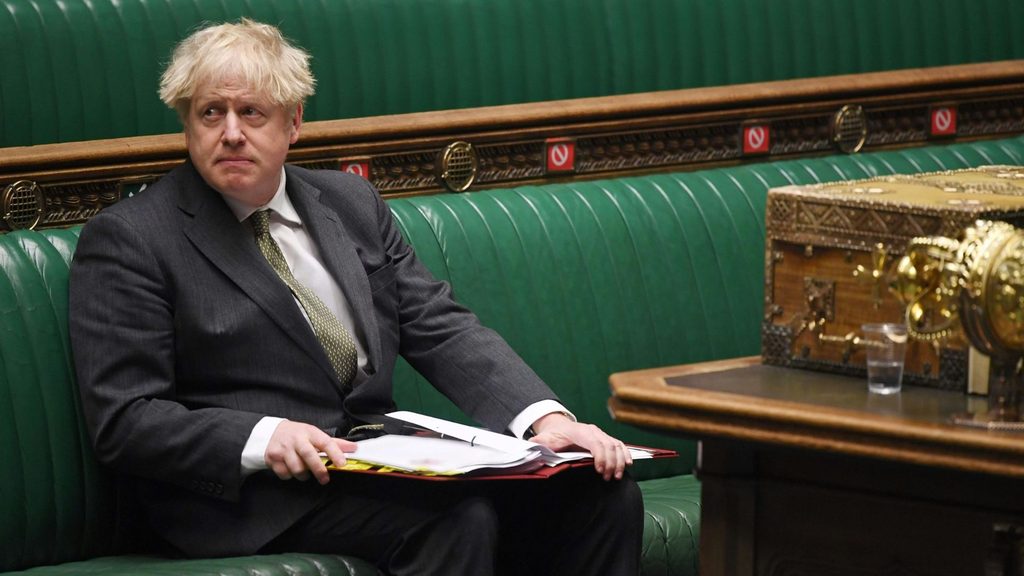
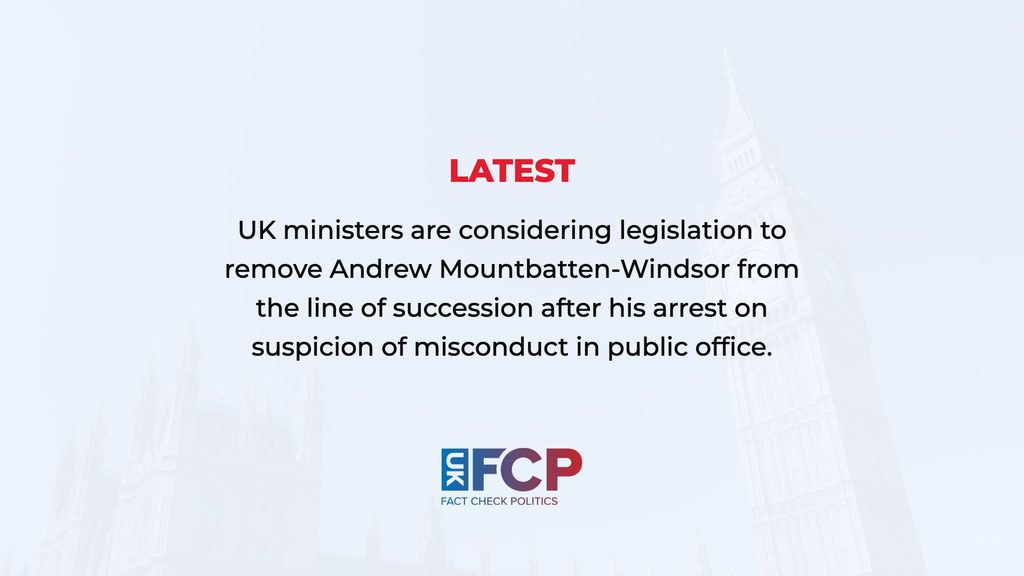

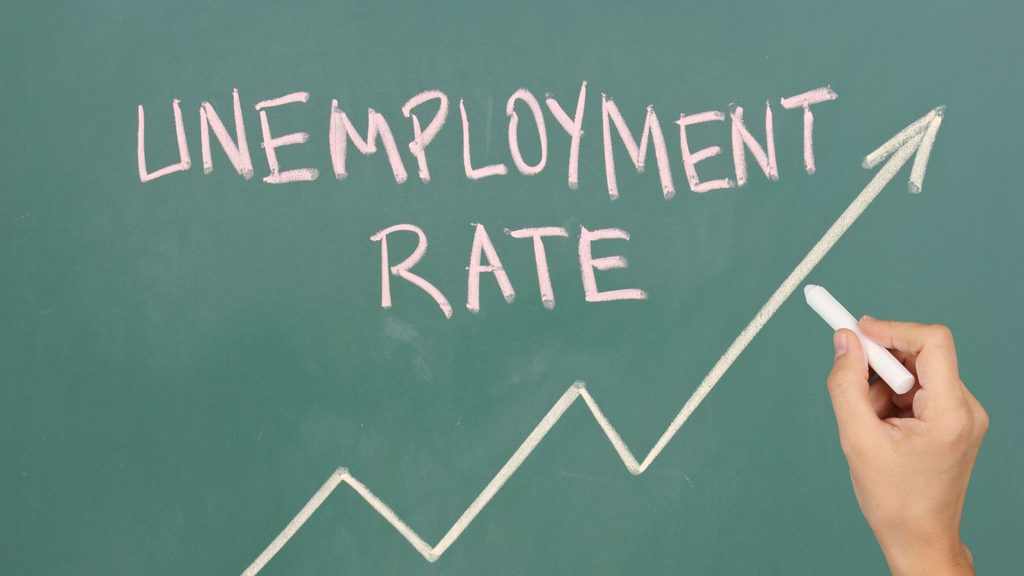

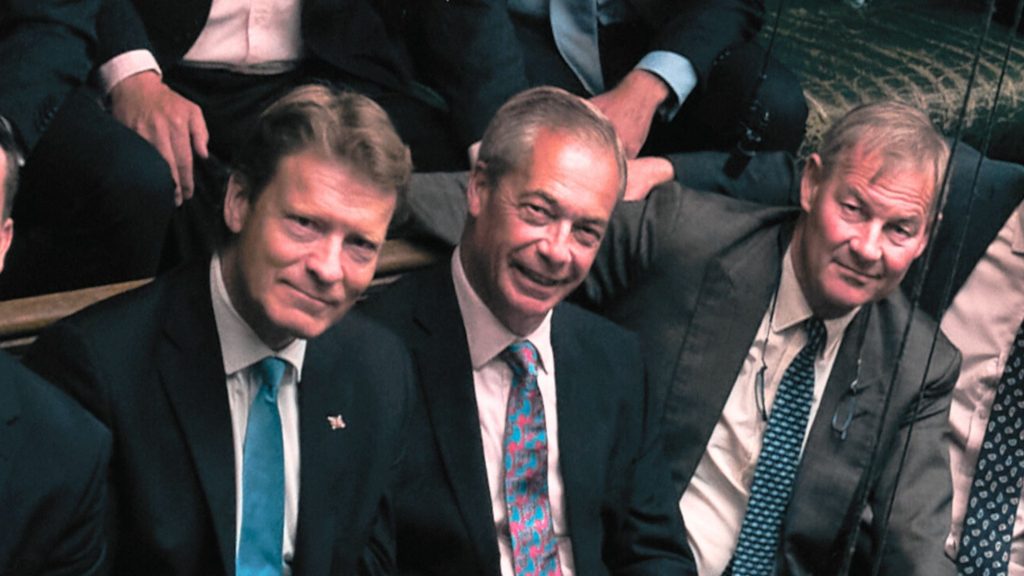
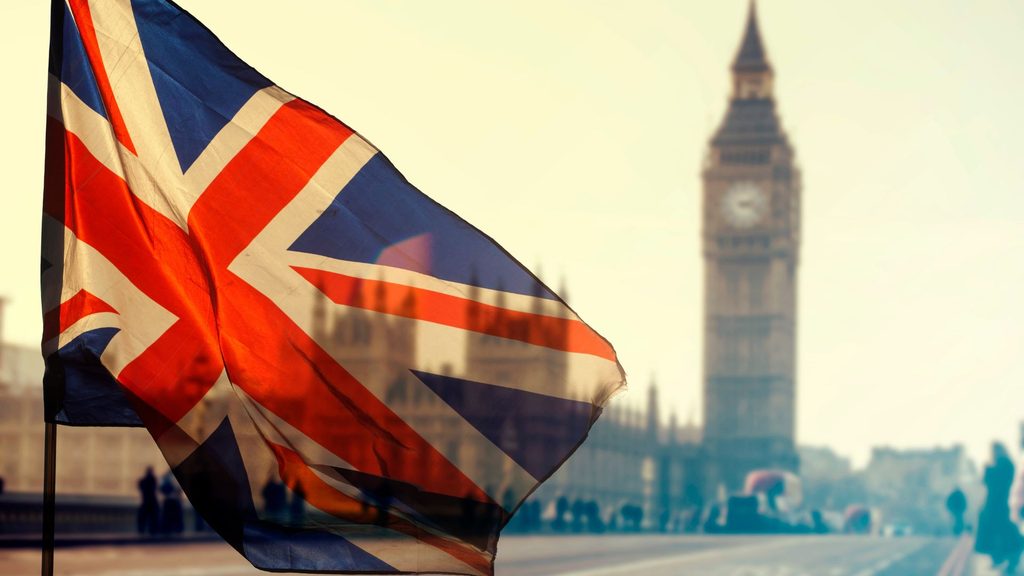
Comments
No comments yet. Be the first to comment!